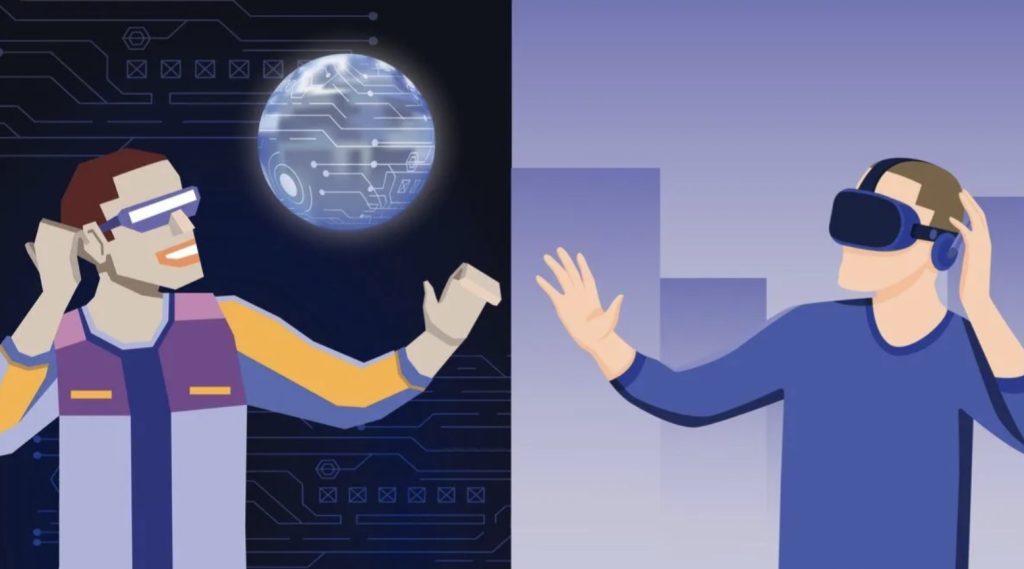No two distinct things exactly resemble each other(SEP, 1996). In the same way, no two people in the world are the same, and everyone has their own unique identity. Whether in traditional or modern society, identity is a specific identifier used to distinguish “me” from other subjects. However, with the advent of digital avatars, are “you” still you?
Nowadays, people have gradually begun to form various digital identities in the digital world through account and passwordпјҢand carry out related network activities. The development of the digital age has greatly expanded the infinite possibilities for individuals to construct themselves (ResearchGate, 2018).
Digital Avatars

Digital avatars, sometimes referred to as “digital AI”. Digital avatars were originally used in online games like “The Sims”. However, with the introduction of the concept of “metaverse” and the development of related technologies, the application scenarios and manifestations of various digital avatars have become extremely wide. Movies such as вҖңReady Player One” and “Free Guy”, which have exploded in recent years, also confirm people’s curiosity about the digital world. Digital avatars can be as consistent as they appear in the real world, or they can choose to look or be whatever they want. Then get an immersive experience that is completely different from the real life in a virtual scene. In the metaverse, you get a second chance and broader freedom (Entrepreneur, 2022).
However, the self-presentation of digital methods depends not only on the development of digital technology itself, but also on the balance of multiple interests at the level of public and private law. Therefore, it is crucial to improve the legal protection of digital identity.
Whether an individual’s digital avatar in the virtual world can represent themselves?

In 2022, reports of a woman being raped by strangers in the metaverse have attracted widespread attention. The victim was a 21-year-old woman who created a female avatar in the game вҖңHorizon WorldsвҖқ and was sexually assaulted by a male avatar with bystanders cheering around (New York Post, 2022). It has been argued that the absence of physical touch can be judged as sexual harassment, as the impact of virtual acts on personality and dignity is often unquestionable. There are many opinions in this case that “virtualrape” is difficult to define as “rape” currently. The core of this event is whether the individual’s digital avatar in the virtual world can represent itself.
Laws on digital identity still need to be improved
The digital avatar is virtual in nature, but there is a special interaction between it and the real subject. Although the metaverse is a virtual world, the behaviors and emotions that occur during the period are real.
The focus of the law on digital identity is to protect the autonomy and integrity of people’s identity construction in the digital environment. In general, the legal protection of personal digital identity needs to be combined with the multiple aspects of digital identity to reach a relatively complete system.
Reference List
- Peter.F (1996), The Identity of Indiscernibles, Available from: https://plato.stanford.edu/entries/identity-indiscernible/
- Dragana.D and Danica.G (2018), The Construction of Identity in Digital Space. Available from: https://www.researchgate.net/publication/327495728_The_Construction_of_Identity_in_Digital_Space/fulltext/5b91e71992851c78c4f3e131/The-Construction-of-Identity-in-Digital-Space.pdf
- Marina.A (2022)The Metaverse and Digital Avatars: Is This the Future of Communication and Branding? Available from: https://www.entrepreneur.com/science-technology/digital-avatars-are-the-face-of-the-future-heres-why/434407
- Adriana, D (2022), Disturbing reports of sexual assaults in the metaverse: вҖҳItвҖҷs a free showвҖҷ. Available from: https://nypost.com/2022/05/27/women-are-being-sexually-assaulted-in-the-metaverse/


Your insightful blog delves into the complexities of digital identity in the metaverse, highlighting the challenges of legal protection. The meta-universe incident brings to mind the question How can we establish globally harmonised standards to protect the interests of individuals in virtual space, considering the different cultural and legal contexts?